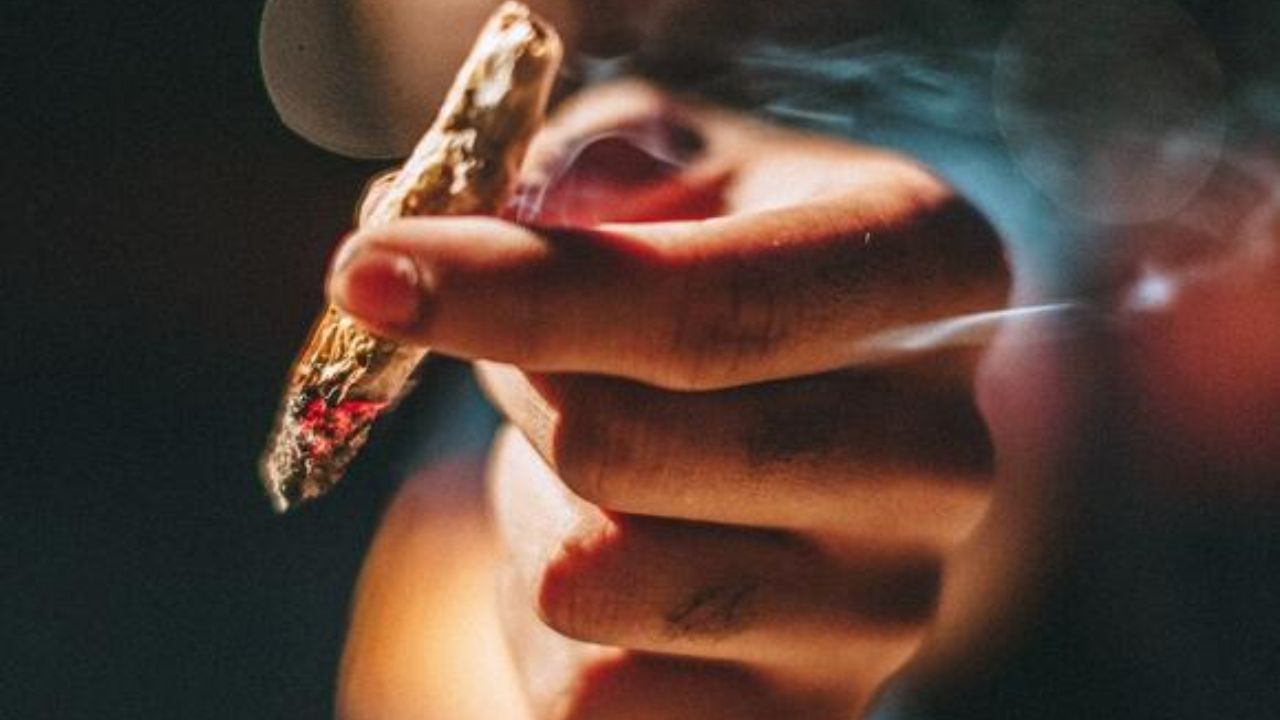Marijuana, also known as cannabis, weed, pot, or grass, is one of the most widely used psychoactive substances in the world. According to the United Nations, more than 190 million people consumed cannabis in 2019, making it the third most popular drug after alcohol and tobacco. Cannabis use is influenced by various factors, such as legal status, availability, price, culture, and personal preference. In the United States, cannabis laws vary by state, ranging from full prohibition to full legalization for both medical and recreational purposes. As of 2024, 18 states and the District of Columbia have legalized cannabis for adult use, while 36 states and four territories have legalized it for medical use.
But which U.S. city has the highest weed consumption rate in America? According to a report by Cannabis News, a website that covers the latest developments in the cannabis industry, the answer is Memphis, Tennessee. The report, titled “America’s High Points: The Top 15 Cities for Cannabis Consumption in 2023”, ranked the cities based on the estimated amount of cannabis consumed per year, using data from various sources, such as the National Survey on Drug Use and Health, the Substance Abuse and Mental Health Services Administration, the U.S. Census Bureau, and the Marijuana Policy Project. The report also considered the legal status, price, and quality of cannabis in each city.
Memphis, Tennessee: The Weed Capital of America
According to the report, Memphis consumed a staggering 8 metric tons of cannabis in 2023, making it the city with the highest weed consumption rate in America. This translates to an average of 11.4 grams of cannabis per person per year, or about 0.4 ounces. The report attributed this high consumption rate to several factors, such as:
Low price: Memphis has one of the lowest cannabis prices in the country, averaging at $6.5 per gram in 2023, according to Statista, a website that provides statistics and data on various topics. This is significantly lower than the national average of $9.43 per gram in 2023, as reported by Yahoo Finance. The low price is partly due to the abundance of supply from nearby states, such as Arkansas, Mississippi, and Missouri, where cannabis is legal for medical or recreational use.
High quality: Memphis also has access to some of the best quality cannabis in the country, thanks to its proximity to states with legal cannabis markets, such as Illinois, Michigan, and Oklahoma. These states have strict regulations and testing standards for cannabis products, ensuring their safety and potency. Additionally, Memphis has a thriving underground cannabis culture, where growers and sellers compete to offer the most exotic and potent strains, such as Purple Haze, OG Kush, and Sour Diesel.
High demand: Memphis has a high demand for cannabis, driven by its large and diverse population, its vibrant music and arts scene, and its social and economic challenges. Memphis is the largest city in Tennessee, with a population of over 650,000 people, according to the U.S. Census Bureau. It is also one of the most racially and ethnically diverse cities in the country, with a majority of African Americans (63.9%), followed by Whites (29.4%), Hispanics (7.2%), and Asians (2.1%).
Memphis is known for its rich musical heritage, being the birthplace of rock and roll, blues, and soul music, and the home of legendary artists, such as Elvis Presley, B.B. King, and Aretha Franklin. Memphis also has a vibrant arts and entertainment scene, with numerous museums, theaters, festivals, and sports teams. However, Memphis also faces many social and economic challenges, such as poverty, crime, unemployment, and health disparities.
According to the U.S. Census Bureau, Memphis had a poverty rate of 26.8% in 2019, compared to the national average of 10.5%. It also had a violent crime rate of 1,901 per 100,000 people in 2020, according to the FBI, making it one of the most dangerous cities in the country. These factors may contribute to the high demand for cannabis, as a form of coping, recreation, or self-medication.
The Legal Status of Cannabis in Memphis and Tennessee
Despite its high weed consumption rate, Memphis remains one of the most restrictive cities in terms of cannabis laws. Tennessee is one of the few states that have not legalized cannabis for any purpose, even for medical use. Possession of any amount of cannabis is a criminal offense in Tennessee, punishable by up to one year in jail and a fine of up to $2,500 for the first offense, and up to six years in jail and a fine of up to $3,000 for subsequent offenses. Selling or cultivating cannabis is also a felony, punishable by up to 60 years in prison and a fine of up to $500,000, depending on the amount and the circumstances.
Memphis, however, has taken some steps to reduce the harshness of cannabis prohibition. In 2016, the Memphis City Council passed an ordinance that gave police officers the discretion to issue a civil citation of $50 or community service for possession of up to half an ounce of cannabis, instead of arresting and charging the offender with a criminal offense. However, this ordinance was challenged by the state attorney general, who argued that it conflicted with the state law and was therefore invalid. The ordinance was also rarely enforced by the police, who preferred to follow the state law and arrest cannabis offenders. As a result, the ordinance had little impact on reducing cannabis arrests and prosecutions in Memphis.
The Future of Cannabis in Memphis and Tennessee
The future of cannabis in Memphis and Tennessee remains uncertain, as there is no clear indication of any major policy change in the near future. Despite the growing public support for cannabis legalization, both at the national and state level, the political and legal landscape in Tennessee is still unfavorable for cannabis reform. The state legislature is dominated by Republicans, who are generally opposed to cannabis legalization, and the governor, Bill Lee, is also a staunch opponent of cannabis reform. Moreover, the state constitution does not allow for ballot initiatives, which means that the only way to change the cannabis laws is through the legislative process, which is slow and difficult.
However, there are some signs of hope for cannabis advocates and consumers in Memphis and Tennessee. In 2020, a bill that would have legalized medical cannabis in Tennessee passed the Senate Judiciary Committee, but it was stalled by the COVID-19 pandemic and did not reach the full Senate for a vote. The bill’s sponsor, Senator Janice Bowling, said she plans to reintroduce the bill in 2024, and hopes to gain more support from her colleagues.
Additionally, some local governments in Tennessee, such as Nashville and Knoxville, have followed Memphis’ example and passed ordinances that decriminalize low-level cannabis possession, giving police officers the option to issue civil citations instead of criminal charges. These ordinances may create more pressure on the state government to reconsider its cannabis policy and align it with the changing public opinion and the national trend.
Conclusion
Memphis, Tennessee, is the city with the highest weed consumption rate in America, according to a report by Cannabis News. The report estimated that Memphis consumed 8 metric tons of cannabis in 2023, averaging at 11.4 grams per person per year. The report attributed this high consumption rate to the low price, high quality, and high demand for cannabis in Memphis, as well as the legal status, availability, and culture of cannabis in the city.
However, Memphis and Tennessee still have some of the most restrictive cannabis laws in the country, which criminalize the possession, sale, and cultivation of cannabis for any purpose. The future of cannabis in Memphis and Tennessee is uncertain, as there is no clear indication of any major policy change in the near future. However, there are some signs of hope for cannabis reform, such as the introduction of a medical cannabis bill in the state legislature, and the passage of decriminalization ordinances in some local governments.

